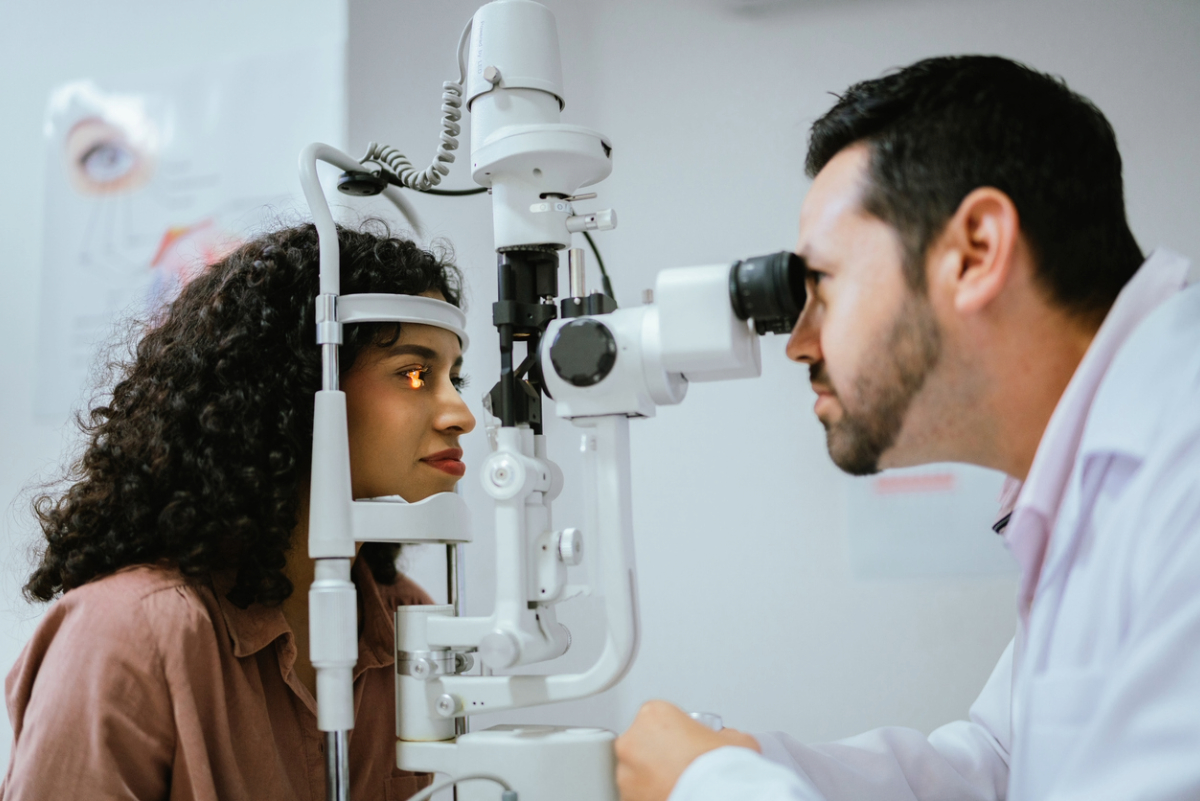Macular Degeneration: Your First Appointment
Written By: BrightFocus Editorial Staff



Written By: BrightFocus Editorial Staff

Being prepared for your first visit with your eye care provider helps you get the best possible care. We have recommendations for what to ask, what to bring, and how to answer your doctor’s questions.
Preparing ahead of your doctor visits can help you best manage your vision health. Take these questions with you when you visit the doctor.
When you make your appointment, ask if you need to do anything in advance. You should also ask what you need to bring. Here are some suggestions:
During your first appointment, your doctor will ask you questions to learn more about your vision and your overall health. Be prepared to answer questions such as:
Take an active role in the understanding and treatment of your condition. Here are some questions to ask your doctor when you discuss your diagnosis.
BrightFocus Foundation is a premier global nonprofit funder of research to defeat Alzheimer’s, macular degeneration, and glaucoma. Through its flagship research programs — Alzheimer’s Disease Research, Macular Degeneration Research, and National Glaucoma Research— the Foundation has awarded nearly $300 million in groundbreaking research funding over the past 51 years and shares the latest research findings, expert information, and resources to empower the millions impacted by these devastating diseases. Learn more at brightfocus.org.
Disclaimer: The information provided here is a public service of BrightFocus Foundation and is not intended to constitute medical advice. Please consult your physician for personalized medical, dietary, and/or exercise advice. Any medications or supplements should only be taken under medical supervision. BrightFocus Foundation does not endorse any medical products or therapies.
